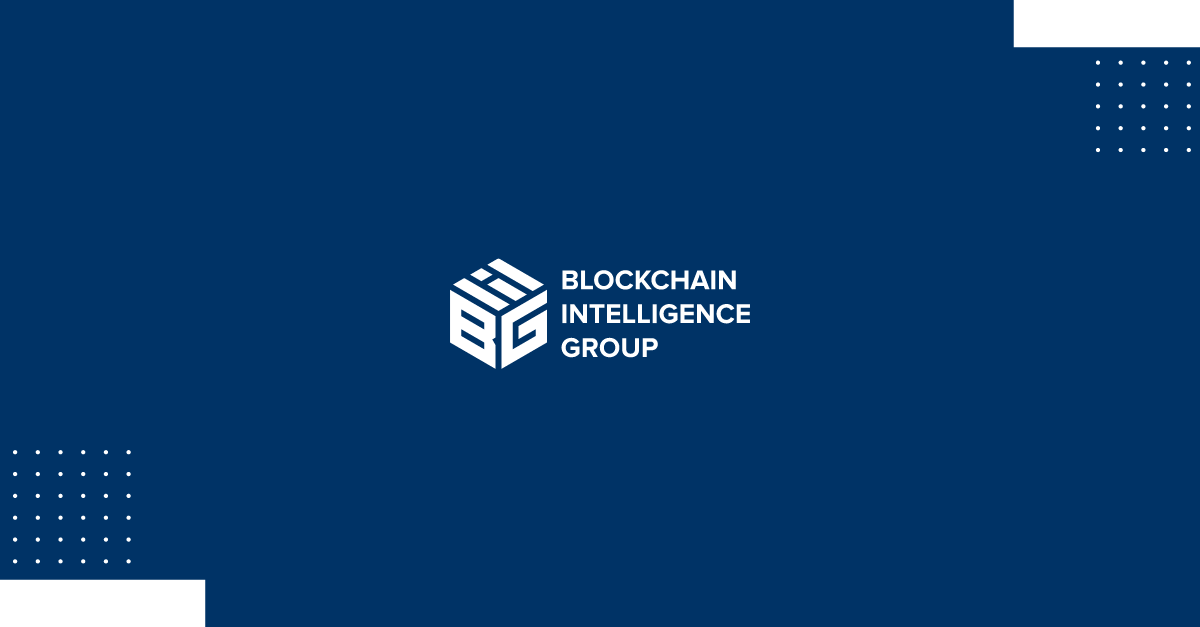Robert Whitaker, cryptocurrency expert: “Blockchain technology will have the same impact as the internet did over 30 years ago” How can managers protect themselves from crypto fraud

Blockchain technology is, without a doubt, one of the inventions that will change the world. Known especially in connection with cryptocurrencies, it is important to know that its use is not limited to just one industry and in the future we will certainly hear much more about blockchain and successful business projects built on this type of technology.
Once the full potential of this technology is realized, it will have the same impact as the internet did over 30 years ago, according to Robert Whitaker, Chief Operating Officer for Blockchain Intelligence Group, one of the speakers at the first edition of FRAUD SUMMIT by SPIA which will take place on May 27th in Bucharest. In the interview below, Mr. Whitaker explains how blockchain technology works, how it can be used by companies, and what managers need to do to in order to protect themselves from cryptocurrency fraud.
Blockchain was developed with fraud prevention in mind. Basically, this technology relies on a big public ledger that can be seen by whoever wants to. Almost daily, we see new applications built on blockchain with lots of promises, security being one of them. But is blockchain really flawless?
We like to say that the blockchain never forgets, and by that metric, every transaction ever recorded can be traced to a particular wallet and trade. To fulfil our mission of helping track and trace bad actors, the blockchain is undoubtedly trackable but not flawless. Even though most blockchains are public, the information they hold does not have specific identifying information such as PII (personal identifiable information) or business names. That is what we are addressing with our products and services at Blockchain Intelligence Group; we help crypto businesses, financial institutions, and investigators get unparalleled insight into the transactions to lower their risk and increase throughput.
It’s a fact that if a technology is pretty good, criminals will use it first. It happened with blockchain, too. Hackers are still demanding payments to their crypto-wallets for, let’s say, ransomware attacks. Why do they do it, if anything goes onto a public record? How do they get away with it?
Despite the public record, there are a host of ways to obscure your identity. Tumblers, swaps, etc., are tricks bad actors use to obfuscate ownership and transactions. Blockchain Intelligence Group built our software to address the criminal element now, as well as allow us to evolve as technologies evolve. Crypto businesses, financial, and law enforcement professionals need a nimble solution to sort and analyze billions of data points and help track bad actors. Sooner or later, criminals and fraudsters will convert their coins into fiat, and we’ll be there to help catch them.
Do you see blockchain as the internet’s next and necessary upgrade? What do you think about a blockchain-based and interconnected world?
In short, blockchain is an encrypted digital database shared by several parties in a distributed network. Any transaction that occurs in the network is recorded and therefore transparent. Blockchain technology is disruptive and still in its nascent stages. Yes, crypto is commonplace now, but several applications are being developed on the blockchain. Once the full potential of this technology is realized, it will have the same impact as the internet did over 30 years ago. Blockchain and cryptocurrencies are often referred to as the next layer of the internet.
Is it good for democracies? Capitalism as we know it today? What changes can this technology produce in our society?
There are several benefits of using the blockchain. Transparency, operational efficiencies and security, all of which are good for democracy. For example, the potential for blockchain to clarify and bring 100 per cent certainty to elections is tremendous. Eliminating the possibility of voter fraud has been a difficult challenge, one that the blockchain might be able to solve. The more trust the public has in the system, the more confidence and stability there will be in the elected government. The absence of a third party makes this technology completely trustless. Therefore, any institution that relies on a centralized system for transactions can be replaced by blockchain.
Can blockchain help prevent fraud at any levels? Is it helpful for governments? What about big or small businesses?
Blockchain Intelligence Group has developed software to both prevent fraud as well as track fraudulent activities. To prevent fraud, any crypto party – be it a business or a government – can use Bitrank VerifiedⓇ to rate wallets and transactions in real-time, thereby preventing known bad actors and sanctioned countries from transacting.
What do I need to do in order to implement blockchain in my company, even if I don’t really understand how it works? Should I embrace it if is not all clear for me?
Sound business decisions are based on the understanding of risks and rewards. Blockchain Intelligence Group developed on-demand cryptocurrency investigator certification specifically to address a lack of understanding of the criminal element of cryptocurrency. Business leaders can benefit from the training to understand the risks. Additionally, any business thinking about getting into cryptocurrency would be well-served to educate themselves on the risks.
Do you have a short story for us regarding one of the cases you worked on? I think
examples can be very helpful for a better understanding of a topic.
We often get calls from law enforcement to help trace crypto-related fraud cases. We have recently worked on cases involving romance scams, bail bond fraud, tax scams (also known as IRS scams), all of which involve the use of cryptocurrency kiosks to defraud their victims using various types of cryptocurrencies.
What are the best 3 things that a businessman can do in order to protect their businesses from crypto fraud?
Any business should know who holds the cryptocurrency, where the cryptocurrency is going to, by tracking those two data points, third is understanding what the crypto is being used to pay for.
1. Be aware of cryptocurrencies and how they work.
2. Keep malware software up to date using a reputable malware company.
3. Before sending large amounts of cryptocurrencies, you should always send a small test amount of cryptocurrency to the specified wallet.
Robert Whitaker served in law enforcement for 23 years and now he is the Chief Operation Officer for Blockchain Intelligence Group. Mr. Whitaker previously served as a Supervisory Special Agent with Homeland Security Investigations (HSI) and last served in HSI’s Illicit Finance and Proceeds of Crime Unit where he oversaw the Illicit Digital Economy Program (IDEP).
The IDEP was responsible for overseeing cryptocurrency investigations, providing training, equipment, analytical support, and investigative methodologies needed by HSI special agents engaged in investigations involving cryptocurrencies. The IDEP maintained relationships with private industries and academia involved in the cryptocurrency space worldwide.
Mr. Whitaker has a Bachelor of Science in Criminal Justice Administration, and is a Certified Bitcoin Professional. He is also recognized as a cryptocurrency expert witness testimony provider.
On May 27th, in Bucharest, SPIA Romania, leader of the Romanian new generation of private investigators, with the support of act Botezatu Estrade Partners, will organize the first edition of FRAUD SUMMIT by SPIA, in order to raise awareness about the imminent risk and effects of fraud in the business environment, but also to introduce the business sector to solutions that help prevent and limit the phenomenon, as well as reduce the financial losses of companies.
FRAUD SUMMIT by SPIA is the largest event dedicated to identifying, proving and dismantling fraud in the Romanian business environment. The main topics covered will be what is the impact of fraud, how to prevent occupational fraud committed by the company’s own employees, how a professional fraudster thinks, and what it means to conduct an undercover investigation.

